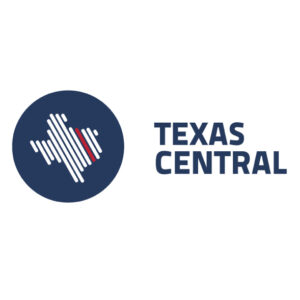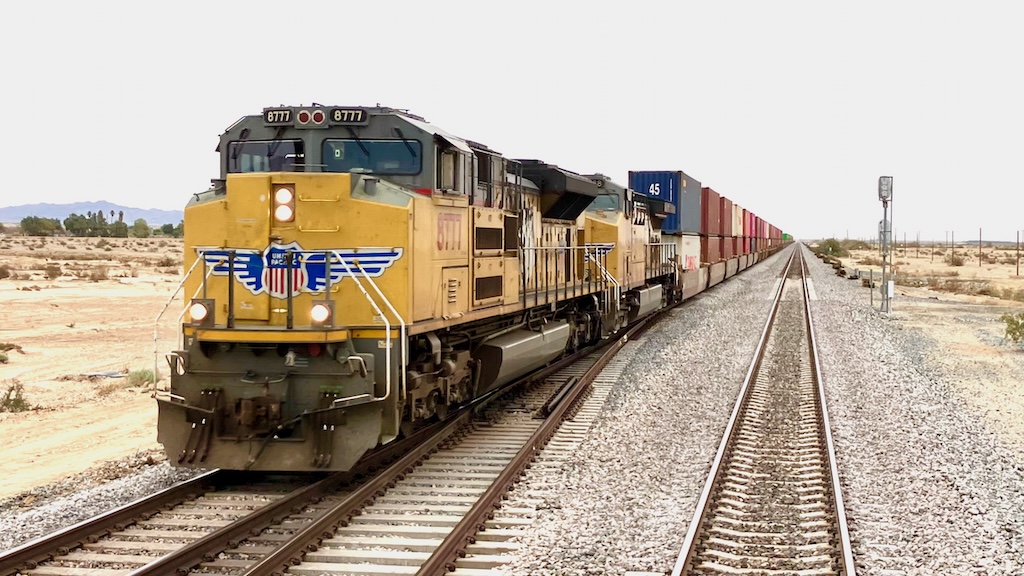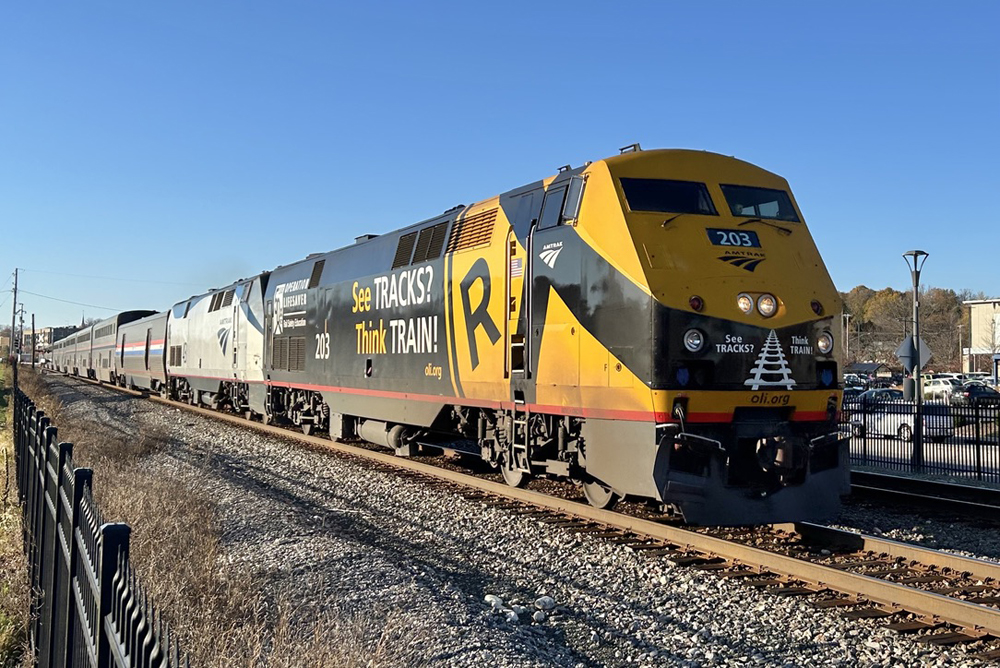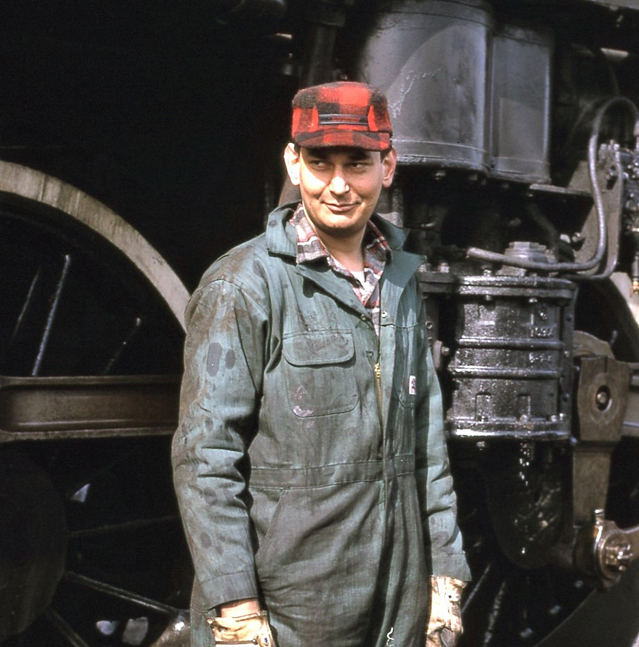 AUSTIN, Texas — In the latest move by opponents of high speed rail in Texas, a state legislator has introduced a bill that to prevent state and local funding to alter roadways to accommodate high speed projects.
AUSTIN, Texas — In the latest move by opponents of high speed rail in Texas, a state legislator has introduced a bill that to prevent state and local funding to alter roadways to accommodate high speed projects.
House Bill 1402 was introduced by Rep. Cody Harris (R-Palestine). It would amend a law passed in 2017 that prohibits any state money for planning, constructing, operating, or other activities of a high-speed rail line operated by a private entity.
Houston Public Media reports that Harris told a March 31 hearing of the House Subcommittee on Transportation Funding that the bill was intended to oppose the Houston-Dallas high speed project launched by Texas Central. The project is now being explored by Amtrak [see “Amtrak begins process to find partner …,” Trains News Wire, Feb. 27, 2025].
Waller County Judge Trey Duhon, the president of Texans Against High Speed Rail, told the hearing that the bill “will protect state money and ensure that public funds throughout the state are safeguarded from being wasted on a washed-up, overhyped, underfunded, bait-and-switch, high-speed rail project.” Duhon’s group took Texas Central to court over its use of eminent domain to gain land for the project; the state Supreme Court eventually ruled for Texas Central, but by then the company was essentially defunct [see “State Supreme Court affirms Texas Central’s right …,” News Wire, June 27, 2022].
Andy Jent, representing Texas Central and new CEO John Kleinheinz, said the company was not seeking taxpayer funds and would have less impact than interstate highway projects. In response to questioning, he said the company only had about 25% of the necessary land and is not fully financed. “We’re not asking the taxpayers to pay for this project right now,” Jent said. “What we’re saying is we have to ultimately partner with the state of Texas and with [the Texas Department of Transportation] to figure this out.
The committee took no action on the bill following the hearing.














Passenger rail in Texas is the same as passenger rail anywhere else. You have to look at the economics.
People in Texas love their cars. People everywhere love their cars. There are Greenies and Liberals and Transit Advocates everywhere … but a lot of them live in metros where cars dominate. Metro Milwaukee has lots of transit advocates … yet when I see a Milwaukee County bus I might see two or three passengers, if that many.
The elite legislators have their cars. There is no consideration for those who cannot have one. Just keep the have nots down on the farm.
I don’t think that those who couldn’t afford a car was a factor. The #1 passenger target was said to be those who wanted to get between Houston & Dallas in the same or less overall time that it took to fly, counting the time it takes to get to & from the airports, clear TSA, board, etc. Those that can’t afford to own cars probably would have trouble affording HS rail.
Although the company wasn’t enthusiastic about having a stop in the College Station area, there was also a potential student market there, especially for weekend travel.
Texas will never have HSR. I wish it weren’t so, but the headwinds are too strong, Texans love car dependency, and it’s just not popular enough.
The problem is that we-the-people have poured so much taxpayer dollars into highway growth and development that there is now an overwhelming lobby of users who cannot see the advantage of passenger rail investment.
@ Thomas Dupree: California got a dose of the vested interests against transit and the zoning laws supporting it. When SMART was getting ready to be extended, a county commission along the route tried to pass a TOD (transit oriented development) law to facilitate higher residential densities at and around SMART stations.
After all, they were backing the transit service, they in turn wanted to make sure it had enough passengers to make it sustainable.
It got push back from an unlikely entity. Suburban style housing developers. Never trained, accustomed or educated on how TOD works, they spent millions attempting to block or neutralize the ordinances supporting it.
Texas has some of the same issues when you get farther away from the DFW/Houston metro areas. Many of their transit services came after suburban housing booms created highway disasters with congestion. So it cost billions more to place the transit lines.
By placing the transit line first, establishing TOD second, you set the table for the ability for people to make choices with their transportation options. It doesn’t eliminate the suburban choice, but developers were panicking that it would eliminate the ability for suburbanites to “get around” easily.
@THOMAS DUPEE:
“The problem is that we-the-people have poured so much taxpayer dollars into highway growth and development that there is now an overwhelming lobby of *investors* who cannot *countenance the competition* of passenger rail investment.”
There, FTFY (Fixed That For You)…